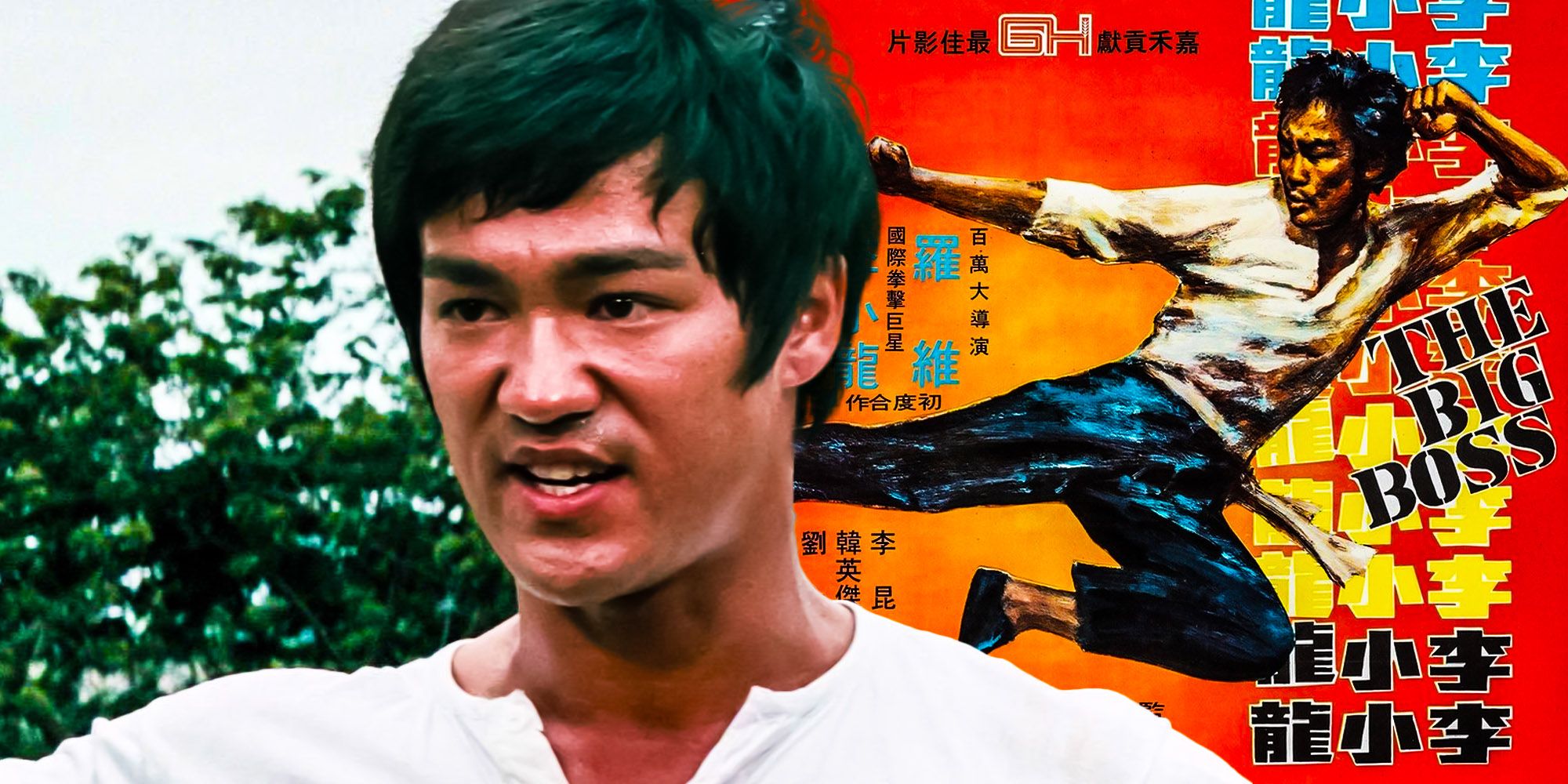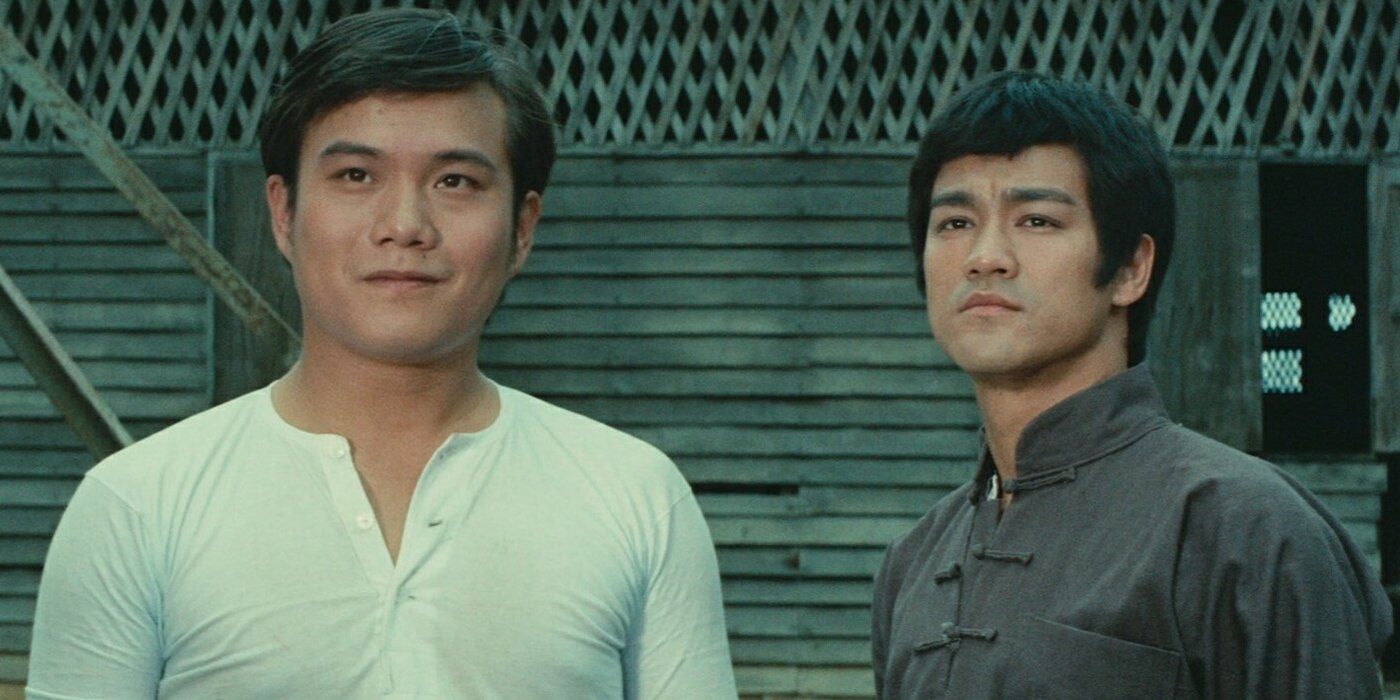The original director of The Big Boss wanted Bruce Lee fired from the film. Before being replaced with Lo Wei, Wu Chia-Hsiang was tapped to direct The Big Boss, which was Lee’s first-ever kung fu movie. It was also the film credited with launching him to stardom in Hong Kong.
Years after co-starring in The Green Hornet, Lee took a break from trying to become a Hollywood star and returned to Hong Kong, where he signed a two-movie contract with Golden Harvest. The studio cast him in a major role in The Big Boss, but not as the lead. At first, James Tien was to headline the movie with Wu helming the project. However, plans for the movie changed drastically during production. In the midst of filming, Tien went from the protagonist to a supporting character, and Lee ended up with the lead part. The story was also heavily altered to account for Lee’s new role. In the end, the changes paid off, as The Big Boss was a massive box office success and a career-making development for Lee.
Though Lee’s martial arts helped make The Big Boss the hit that it was, the movie’s original director argued that Golden Harvest’s decision to hire him was a big mistake. According to Bruce Lee: A Life by Matthew Polly, Wu and Lee clashed frequently on set, with much of their problems stemming from Lee’s approach to martial arts. While Lee is thought of today as one of the greatest martial arts actors of all time, Wu was of a completely different opinion of his talents. Their disagreement escalated to a point where the two separately spoke with Golden Harvest founder Raymond Chow about removing the other from the project.
Polly wrote in his book that Wu went as far as to say that Golden Harvest had been “swindled” by Lee, who Wu claimed “can’t fight”. Because Wu believed that Lee only knew three kicking moves, he gave the actor the insulting nickname, “Three-Leg Lee”. Apparently, he wanted more intricate and much longer fight scenes in the film than what Lee was willing to do. As for why Lee didn’t cooperate with Wu’s wishes, this can be attributed to his practical approach to kung fu. At the time, there was an expectation for martial arts movies to include well-choreographed fight scenes that were almost dance-like in the way they were performed. Wu’s style was a reflection of that, but Lee maintained that it wasn’t a realistic take on how kung fu works in real life. He wanted to beat his opponents with only a few moves. He thought engaging in long and drawn-out fight sequences was unnecessary.
The issues that Lee and Wu had over The Big Boss’ kung fu forced Golden Harvest to pick sides, as keeping both just wasn’t feasible anymore. As Polly noted in Bruce Lee: A Life, they had spent too much money on his contract for them to just drop Lee. And not only that, but Chow truly did appreciate what Lee brought to the table through his acting and kung fu skills. Having disagreed with Wu’s assessment of Lee, Chow fired the director but kept the actor. This didn’t end The Big Boss’ problems, considering that Bruce Lee developed a feud with Wu’s replacement as well. However, what the movie ultimately did for his career shows that these weren’t obstacles that couldn’t be overcome.


